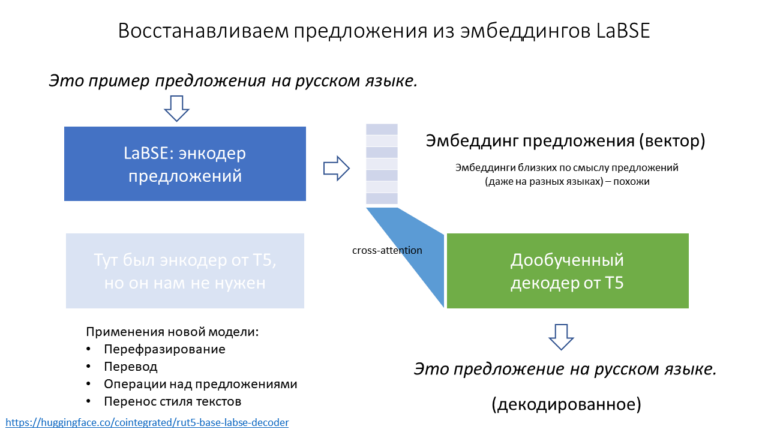Everything is fine with the hardware, but something needs to be done with the software. Device Outlook
Since its introduction, the modular laptop with Framework has firmly established its place in the market with a very high level of maintainability. Of course, it does not have as many users as laptops from well-known brands. But the audience is constantly expanding, as evidenced by the regular appearance of new device models. If there was no demand, the company would hardly develop the concept. However, the device has problems, and there are many of them. We'll talk about this under the cut.

Everything is fine, isn't it?
In general, yes. The hardware is quite good, and the device does its job well. The community is growing, new projects based on laptop elements and modules are constantly appearing, which we wrote about.
But despite the fact that the company takes care of users, releasing new versions of modules and the device itself, offering a “constructor” for turning a laptop into a desktop, there is one big problem, namely the provision of up-to-date software.

Thus, driver packages are not updated for many months, or even years. This is especially true for BIOS, since the company does not release updates very often, and what has already been released quickly becomes outdated. There is clearly something wrong with the process of developing new firmware, which is admitted by company representatives, including its CEO Nirav Patel. The project team promised to correct the shortcomingsbut so far the work in this direction leaves much to be desired.
An example is a software update of the functionality of USB-C ports. The company promised to update these modules to full-fledged Thuderbolt in one of the firmware releases. This was necessary to make it possible to connect high-speed external accessories to the laptop. And everything would be fine, the firmware was released, but for many months it was in beta status. Accordingly, problems and bugs are possible when working with the device. And only a year and a half later, the company released the final version of the promised firmware.

However, during this time several more problems appeared, including discovered vulnerabilities. Nobody is closing them yet, there is not even an approximate plan for the release of new firmware versions. There have been attempts to implement everything promised: for example, in December 2022, BIOS 3.06 update was released for models with 12th generation Intel processors. Unfortunately, it turned out to be problematic – there are many topics on the company forum where users report bugs and unpatched vulnerabilities, asking when the final version of the firmware will appear. The most common answer from the company is: “We are a small team and can’t keep up.” In general, this is true, but during the same period, Dell released 14 BIOS updates for its system, and Lenovo released 13.
The Windows 11 driver package for the original Framework Laptop appeared at the end of 2021 and is still in beta status. No other Framework Laptop model has received a driver package update since launch, including the Framework Laptop with 13th Gen Intel. A tool for flashing BIOS for Linux has not appeared, despite the declared support of the Framework for several well-known Linux distributions.
Reasons for the situation and future plans
According to a Framework spokesperson, part of the problem is that Framework relies on partners to prepare firmware components. Thus, some of them are supplied by Intel, AMD and other manufacturers of chips installed in modular laptops. Some components are provided by Insyde, which writes UEFI firmware for Framework, Compal, etc.

The head of Framework said that his company is now working with partners to create a special team that develops firmware for modular laptop models. Partial staff has been recruited, but work started only at the beginning of this year – now, as far as one can judge, it is being carried out as planned. First of all, developers will solve problems that break functionality, plus give priority to firmware components that are aimed at combating vulnerabilities.
Now the BIOS 3.05 update is ready, a fresh driver package for the version of Framework Laptop 13 with a Ryzen processor. Within a couple of weeks, the developers will test the firmware, and if there are no problems, the final version will appear.
Patel says the company's goal is to complete creation and testing of new BIOS and driver versions for each of the current Framework laptops (11th, 12th and 13th generation Intel models, Ryzen Framework Laptop 13 and Framework Laptop 16) by about midway through summer. Presumably, the update will include components for both Windows and Linux systems.
True, there is a “bottleneck” – these are the same Intel and AMD. If they don't supply the necessary information and fixes, there's not much the Framework can do. Nevertheless, the problem has already begun to be solved, so we can hope that everything will soon return to normal.
Framework will have to use all its resources, especially if it wants to sell more laptops to enterprise customers, a lucrative segment of the PC industry that Framework is actively pursuing. By summer or fall, it will likely be possible to have a clear picture of whether their efforts have been successful.




